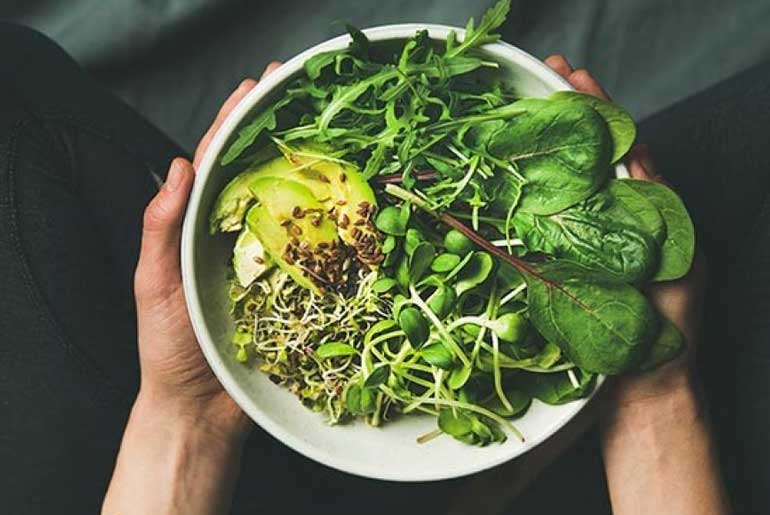A large-scale study on the risk of hip fractures among individuals following different diets (vegetarian, pescatarian, and regular meat eaters). According to the study, both men and women who follow a vegetarian diet have a 50% higher risk of hip fracture compared to those who regularly eat meat. The reasons for this increased risk among women who are vegetarian are unknown, and previous studies on the impact of a vegetarian diet on men have been inconclusive due to their small scale.
The study found that the risk of hip fracture was the same for both occasional and regular meat eaters. Pescatarians, who consume fish but not other types of meat, were slightly more at risk than regular meat eaters, but the difference was not considered significant.
Overall, the incidence rate of hip fracture among the participants was less than 1 per cent, meaning that the risk of hip fracture was generally low across the entire study population. However, the significant difference in risk between vegetarians and regular meat eaters was noteworthy.
To put these findings into real-world perspective, the researchers predicted that, on average, out of 1000 individuals, there would be 6.5 hip fractures among regular meat eaters, 6.5 among occasional meat eaters, 7 among pescatarians, and 9.5 among vegetarians.
It’s important to note that this is just one study, and further research may be needed to better understand the reasons behind the increased risk of hip fractures among vegetarians and to explore any potential factors that may contribute to these findings. As with any research, it’s essential to consider the limitations of the study and avoid drawing definitive conclusions solely based on one investigation.
They predicted that 6.5 regular meat eaters and 6.5 occasional meat eaters would experience a hip fracture on average, while 7 pescatarians and 9.5 vegetarians would.
James Webster, a doctoral researcher in the School of Food Science and Nutrition who led the study, stated: “Hip fractures are a growing problem in an ageing society, and can trigger debilitating health conditions and a loss of quality of life.”
This study shows that whilst vegetarians face a greater risk of hip fracture than meat-eaters, this translates to just 3 more hip fractures per 1000 people over 10 years. The health benefits of a vegetarian diet, including a lower risk of cancer and cardiovascular disease, may still outweigh any increases in hip fracture risk.
“Our analysis suggests that low BMI may be a key factor in why their risk is higher.”
“Additionally, vegetarians were about 17 per cent less likely to meet protein recommendations than meat-eaters. So, important messages from our study are that vegetarians need to ensure they are getting a balanced diet with enough protein and maintain a healthy BMI. This will help vegetarians to maintain healthy bones and muscles.”
Professor Janet Cade, who leads the Nutritional Epidemiology Group at the University of Leeds and supervised the research, stated: “Hip fracture is a major health issue and diet may have a part to play in affecting risk.”
“This research, using the large UK Biobank, confirms our previous work, showing that a vegetarian diet increases the risk of hip fracture compared to regular meat eaters, in both men and women. Whilst vegetarian diets have health benefits, understanding diet quality and the balance of key nutrients may help to reduce risk and improve future bone health.”
Disclaimer:
The information contained in this article is for educational and informational purposes only and is not intended as a health advice. We would ask you to consult a qualified professional or medical expert to gain additional knowledge before you choose to consume any product or perform any exercise.








